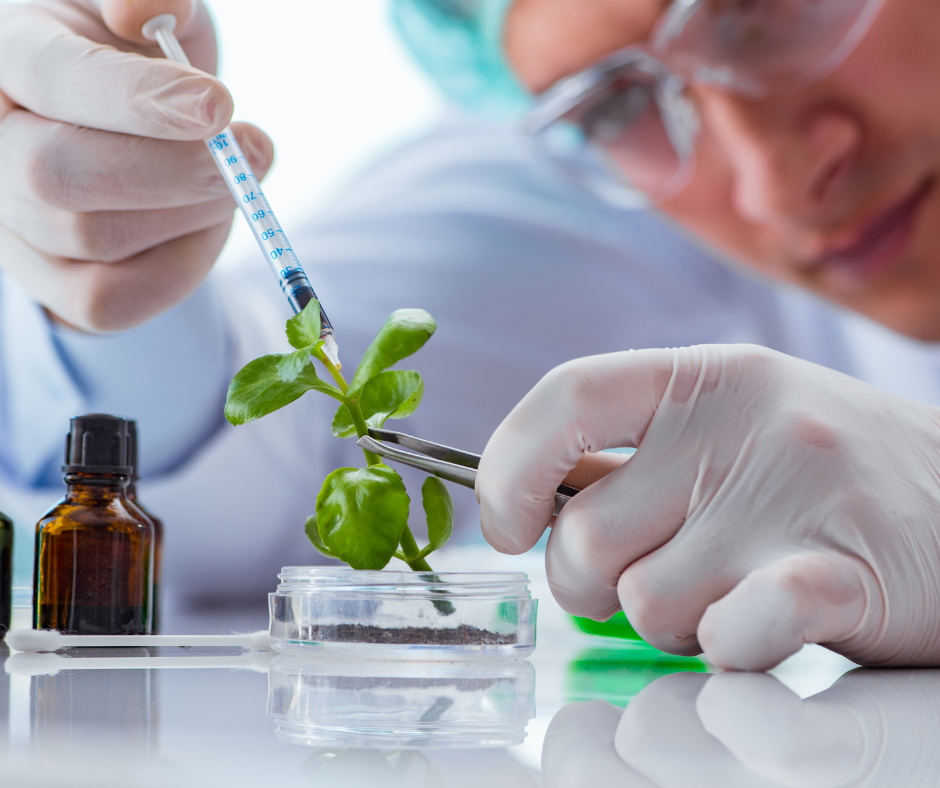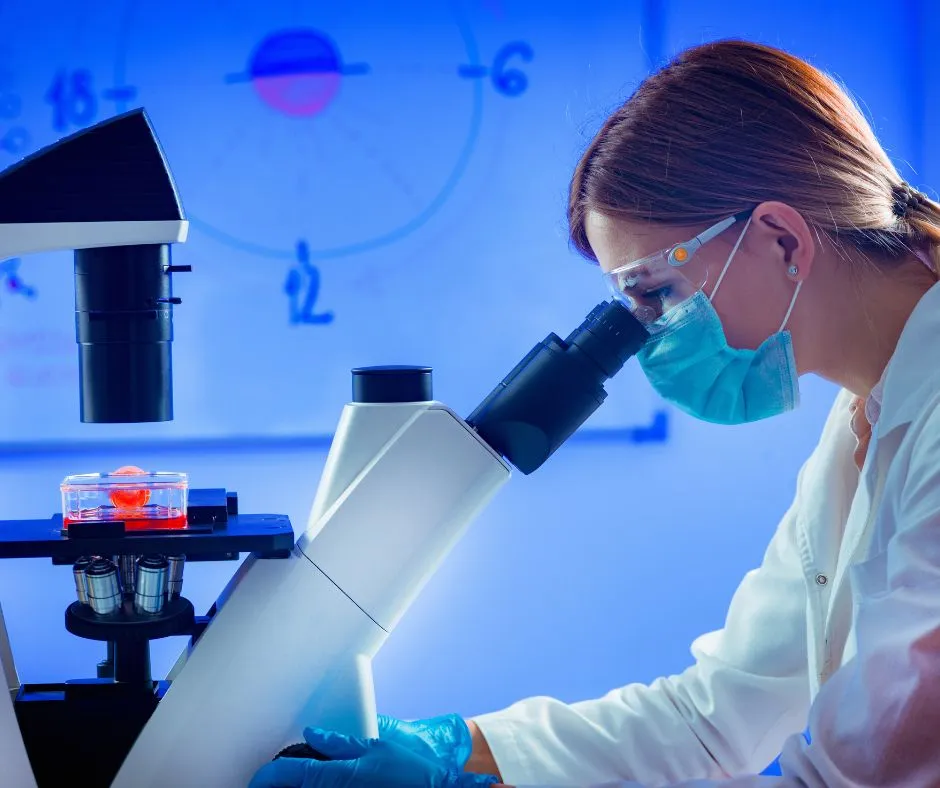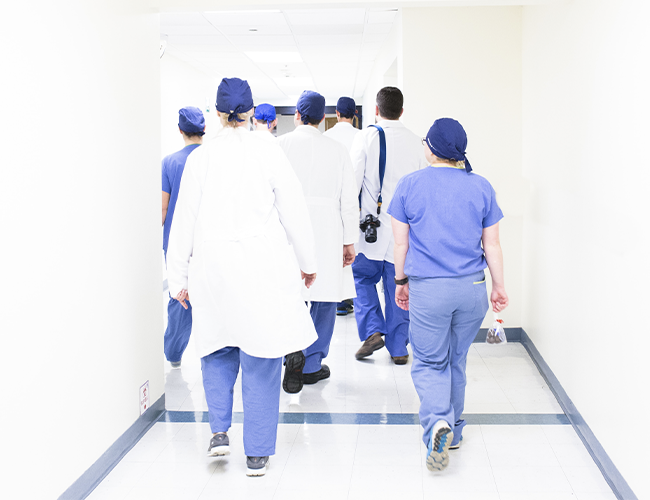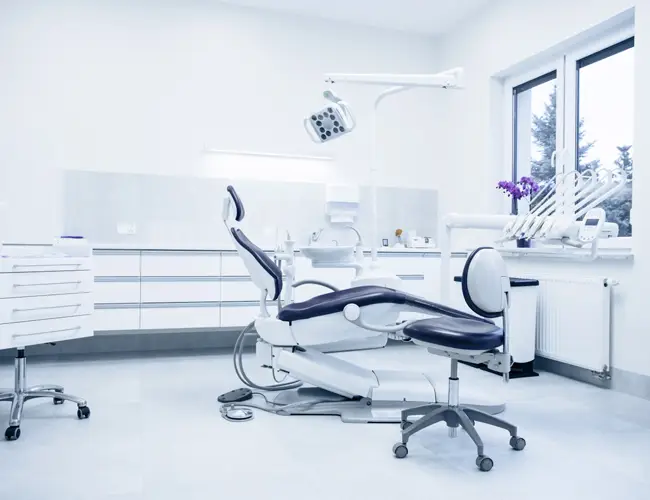Biotechnology is a multi-disciplinary field that uses organisms, cells, and biological systems to develop new technologies and innovative products at the vanguard of the scientific and industrial revolution.
In the Brazilian context, the perspectives towards the future for this subject are exciting, but not free of challenges. In this article, we explore the potential trajectories of biotechnology in Brazil, highlighting opportunities and identifying the obstacles that need to be overcome.
The Current Scenario: Accomplishments and Advances
Brazil has been standing out in the last few decades in the biotechnological field, encompassing areas such as health, agriculture, environment, and industry. Brazilian researchers have been contributing meaningfully to the discovery of new medicine and development of genetically modified cultures and the production of biofuels. These advances indicate a substantial potential for biotechnology in the country.
| Área | Exemplo de Avanço |
| Health | Development of the medicine VIsmodegib to treat advanced basal cell carcinoma |
| Agriculture | Creation of different varieties of genetically modified soy that are resistant to plagues and can adapt to Brazilian conditions |
| Environment | Pioneer production of ethanol from sugarcane as a biofuel |
| Usage of biotechnology in environment conservation, including remediation of contaminated areas. | |
| Industry | Production of industrial enzymes via genetically modified micro-organisms |
| Establishment of biorefineries to produce bioproducts |

Promising Perspectives
Sustainable agriculture
The application of biotechnological techniques in agriculture not only drives food production but also marks the coming of the “Green Revolution 2.0”. Besides making cultures more resistant to plagues and adverse climatic conditions, biotechnology allows the development of more nutritious and adapt to specific environmental conditions crops, contributing to global food security and reducing the environmental impact of agriculture.
Health and Personalized Medicine
The promise of biotechnology in health goes beyond genetics. Personalized medicine, which is driven by genetic therapies and innovative medications, not only treats existing diseases but also opens doors to personalized prevention. The analyses of genomic data and the creation of specific treatments for each patient represent a revolution in the healthcare approach, promoting a more effective and centered-in-the-individual medicine
Advanced Biofuels
With its vast biodiversity and biotechnological experience, Brazil is amongst the first to lead the production of advanced biofuels. Besides conventional biofuels, biotechnology research opens the way for new renewable energy sources, such as biogas, biohydrogen, and second-generation biofuels. This diversification drives the transition to a more clean and sustainable energy matrix.
Environmental Conservation
In the vanguard of conservation, biotechnology plays a fundamental role in the protection of biodiversity. Genetic engineering is a powerful tool for the conservation of threatened species, allowing the reintroduction of crucial genetic characteristics to survival. Furthermore, the restoration of degraded environments through bioengineering offers innovative solutions to face the challenges related to habitat loss and climate change.
These perspectives highlight not only the potential of biotechnology in approaching global challenges, but also the diversity of applications that can positively mold the future of agriculture, healthcare, energy production, and environment conservation in Brazil and the rest of the world.
Challenges to be Conquered
- Investments in Research and Development: Fomenting Innovation: The rise in investments in Research and development in the biotechnological field not only drives innovation but also plays a vital role in the creation of dynamic research ecosystems.
In addition to financing, it is essential to promote strategic partnerships in the public and private sectors, encouraging collaborations between universities, companies, and research centers. This collaboration strengthens the transfer of knowledge and accelerates the transformation of scientific discoveries into practical solutions.
- Adequate Regulation: Balancing Innovation and Security: It is crucial to find the balance between facilitating innovation and ensuring the safety of products
The regulations must be flexible enough to accompany the fast rhythm of technological evolution while ensuring rigorous ethics and safety patterns. Continuous dialogue between the scientific community, regulator, and interested parties is essential to ensure an efficient and balanced approach.
- Human Resources Formation: Training for Excellency: Investing in the formation of qualified professionals in biotechnology goes beyond simply academic education. Training programs must emphasize interdisciplinarity, preparing professionals to approach complex challenges.
Besides that, practical initiatives, such as strategic collaboration with the industry, are fundamental to providing practical experience and ensuring that professionals are aligned with the demands of the sector.
- Public Awareness: Education for Acceptance: The public awareness regarding biotechnology does not limit itself only to promotion, but also to education. Transparent and accessible educational initiatives are crucial to clarify misconceptions, explain benefits, and involve the public in the decision-making process.
Open and participative dialogue, evolving scientists, science communicators, and the general community are essential to building an informed comprehension and conscientious acceptance of biotechnology.
The Challenges to the Future
The future of biotechnology in Brazil is promising, offering meaningful opportunities for scientific advancements, technological innovations, and contributions to global challenges. However, to accomplish this potential, we must face identified challenges, promote partnerships between the public and private sectors, as well as foment a propitious environment for research and entrepreneurship. With determination and strategic investments, Brazil can position itself as a global power in biotechnology, molding the science’s and industry’s future in the country.








